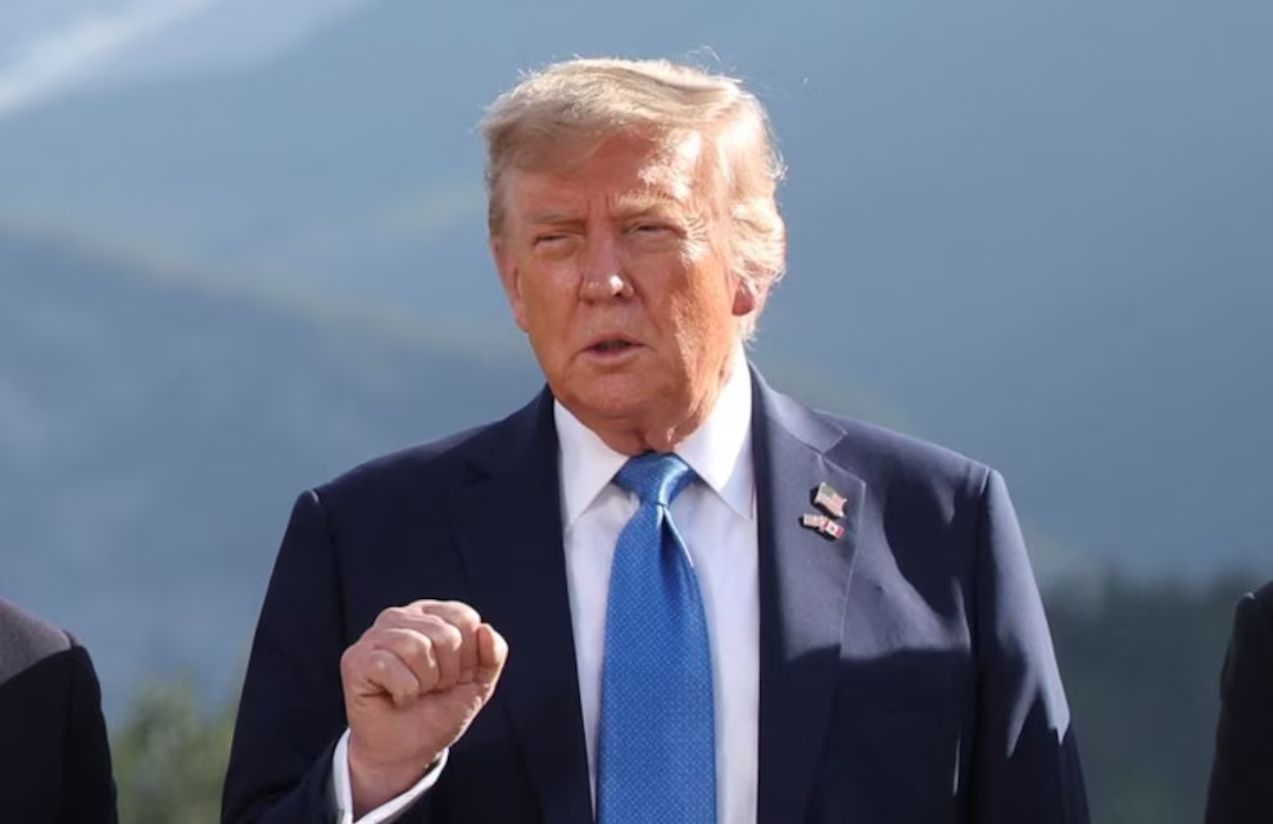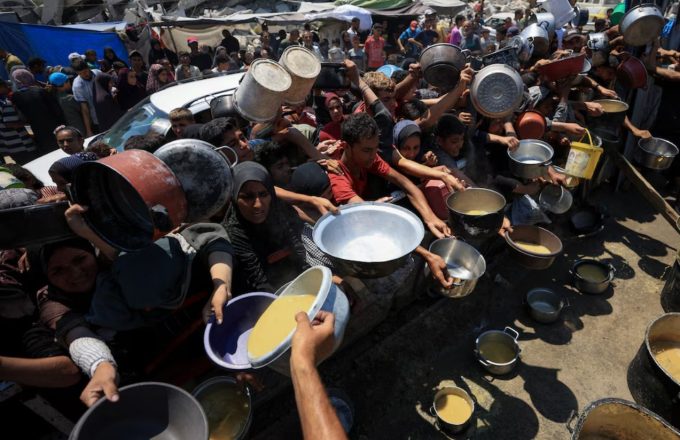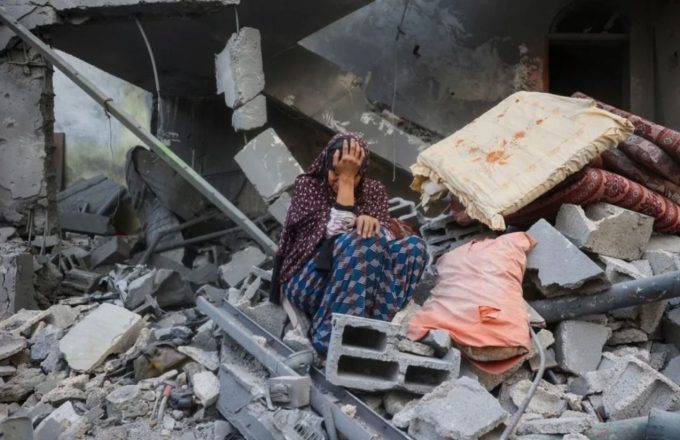The war between Israel and Iran has emerged as the most delicate foreign policy challenge of Donald Trump’s second term. The question dividing his administration is clear: Should the United States join Israel in its attacks against the Islamic Republic? The stakes are high, the outcome of military action unpredictable, and Trump’s political coalition is showing signs of strain.
In a surprising shift, Trump has begun to take a harder line. On June 17, he warned that “our patience is running out” and demanded Iran’s “unconditional surrender.” Shortly after, he convened his national security advisers in the Situation Room, as Washington ramped up its military presence in the region. The USS Nimitz aircraft carrier, accompanied by a strike group, is heading toward the Persian Gulf, doubling the number of carriers in the area. A significant number of U.S. Air Force refueling aircraft are also en route to the Middle East, according to aircraft tracking websites.
Trump sees an opening: Israel appears to have momentum. The International Atomic Energy Agency (IAEA) recently confirmed damage to the underground enrichment halls at Natanz. Meanwhile, Iranian attacks on Israeli targets are decreasing in intensity. “Trump is seriously considering intervention. Israel seems to be winning, and Trump likes to be on the winning team,” said Dana Stroul of the Washington Institute for Near East Policy.
So far, the economic fallout—an issue of major importance to the White House—remains limited. Although two oil tankers have collided in the Strait of Hormuz and Iranian vessels have stepped up activity, oil prices remain below $80 per barrel, and gas prices in the U.S. hover around $3 per gallon. Still, Qatar has advised gas tankers to avoid docking in the area.
Inside the administration, previously skeptical voices have quieted. Figures like Vice President J.D. Vance, a neo-isolationist, and Deputy Defense Secretary Elbridge Colby, who prefers to focus on China, have softened their stance. “People are right to be cautious about foreign entanglements after 25 years of failed foreign policy,” Vance said. “But I believe the president has earned some trust on this matter.”
Trump’s emerging strategy toward Iran follows a familiar pattern: bold threats in exchange for sweeping concessions. One such threat is the possible deployment of the GBU-57, a 30,000-pound bunker-busting bomb capable of targeting deeply buried facilities like Fordow—beyond the reach of Israel’s air force. In return, Trump is demanding the full dismantlement of Iran’s uranium enrichment program, as well as restrictions on its missile development and support for regional militias. “We don’t want a ceasefire. We want an end—a real end,” Trump has said, calling for Iran’s “total surrender.” However, he has downplayed any intention of regime change, saying he does not plan to kill Supreme Leader Ayatollah Ali Khamenei, “at least not for now.”
The danger for Trump lies in the limits of his “maximum pressure” diplomacy, which has achieved few results elsewhere and may be particularly ill-suited to a conventional war between entrenched enemies. “Our job is to stand firm in pursuit of a peace deal,” said Defense Secretary Pete Hegseth. Yet Iran’s leaders have never accepted the demand for “zero enrichment”—giving up the ability to produce nuclear reactor fuel or bomb-grade material. To abandon their nuclear ambitions, they would have to trust U.S. and Israeli promises not to strike again—an idea Tehran finds implausible. As Ali Vaez of the International Crisis Group explains, the Iranian regime sees surrendering to the U.S. as more dangerous than enduring Israeli bombs.
There are a few scenarios that could mark a win for Trump. His threats might, against all odds, prompt a sudden concession from Tehran. A concentrated U.S. strike on Fordow could decisively hinder Iran’s nuclear program without escalating the conflict. A peaceful transfer of power within Iran is not impossible. But far more scenarios are troubling. Iran could emerge with its regime intact and more determined than ever to secretly build a bomb. It could retaliate against U.S. forces in the region, fuel terrorism, or shut down the Strait of Hormuz. A regional war or regime collapse could unleash chaos that spills across borders.
Trump’s political base is already showing signs of anxiety. While much of the MAGA movement opposes a new “forever war,” right-wing media figure Tucker Carlson has warned that the president’s coalition “appears to be unraveling” amid the turmoil in the Middle East.
At this stage, there are no easy decisions for Trump on Iran. His legacy, global influence, and political future could all hinge on the next move.




















